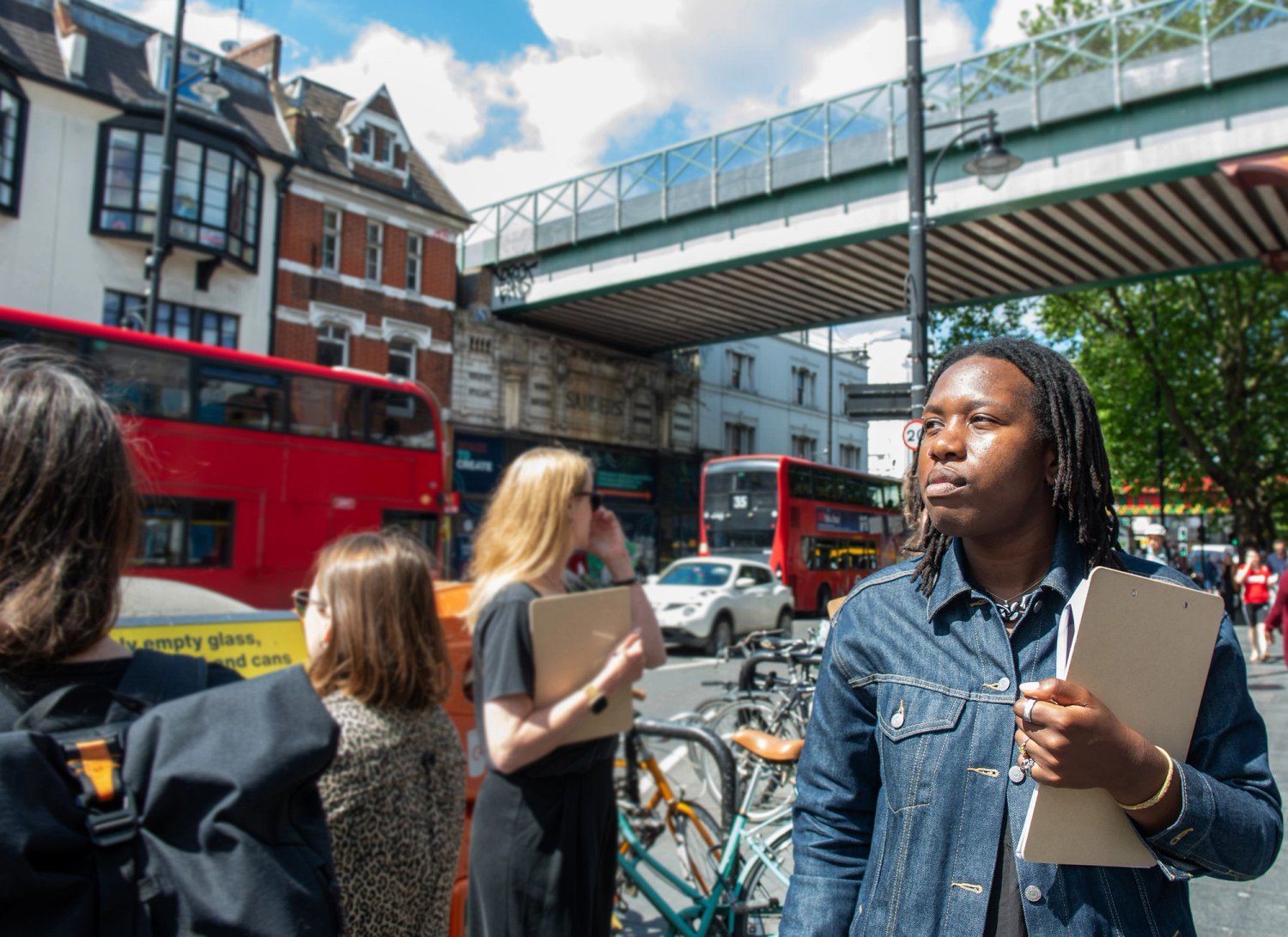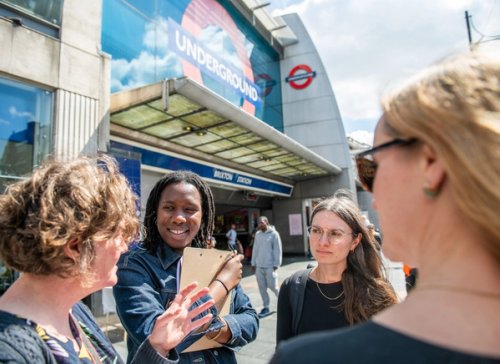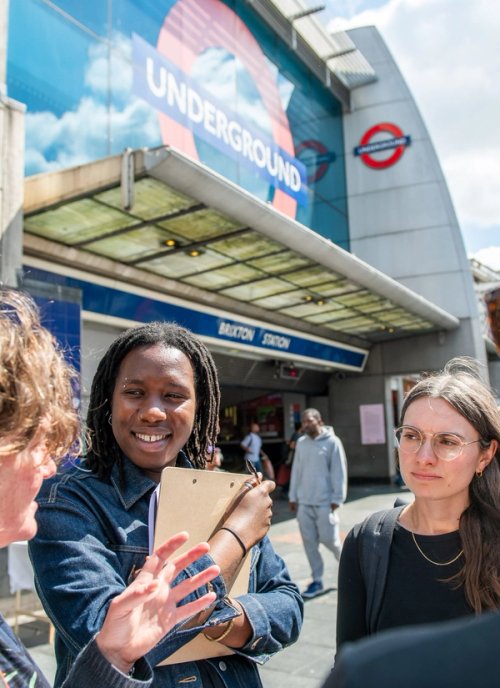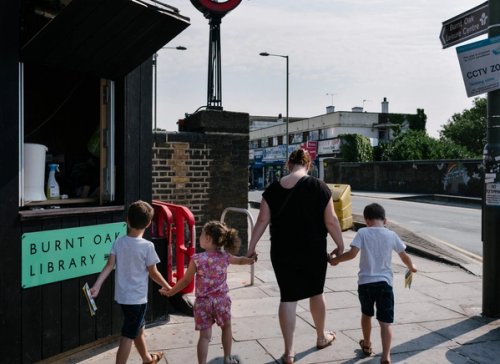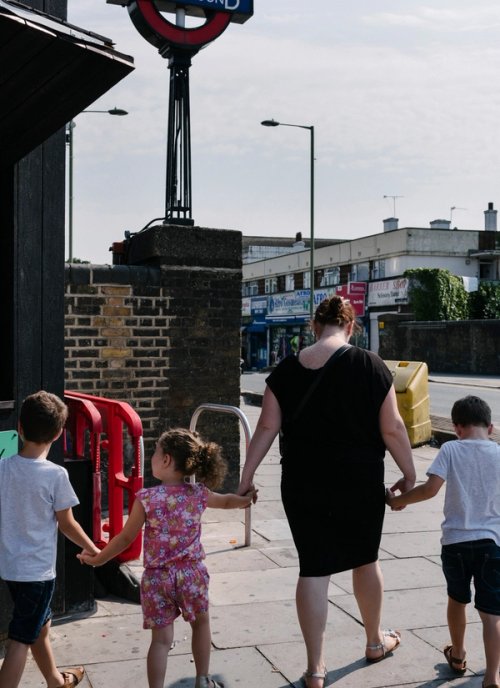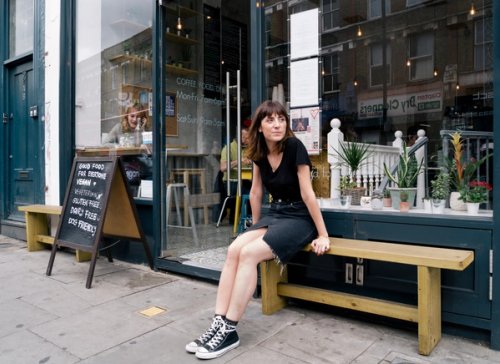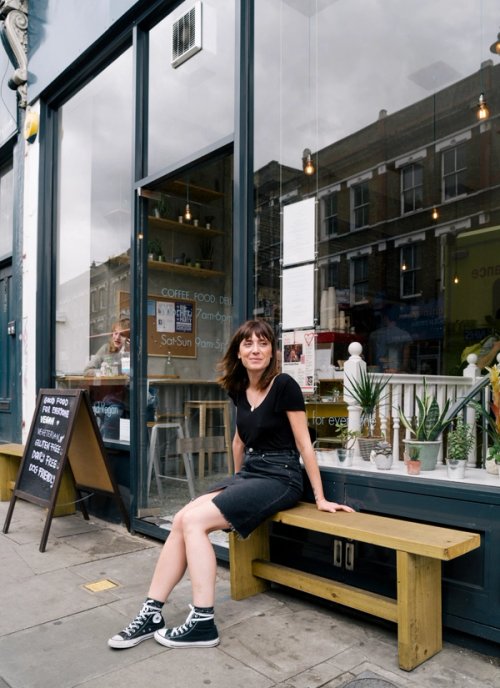Safer London for All: Delivering Women's Safety Audits
18 November 2024
Discover how Women’s Safety Audits can help transform London’s public spaces. Hear what key experts, panellists and community researchers have learnt from a year of pilot projects.
Join us for a learning symposium to celebrate the lessons and outcomes from the Women’s Safety Audit Pilot Project. The work has been delivered with community researchers, local authorities and an expert advisory board on behalf of Transport for London (TfL) and the Mayors Office for Policing and Crime (MOPAC).
We’ll be reflecting on the impact of this work during the United Nations 16 Days of Activism against Gender-Based Violence, with Caroline Criado-Perez (author of Invisible Women) chairing a panel discussion.
When
5pm – 7.30pm on 3rd December
Where
Whitechapel Gallery
77-82 Whitechapel High Street
London E1 7QX
What
This is a unique opportunity to engage with a diverse group of stakeholders and expert panelists, as we dive into methods for delivering ‘women’s safety audits’. We will explore how this approach can foster safer public spaces and communities, empowering women, girls, and gender-diverse people to shape the environments they live in. Our panel will feature community researchers, project leaders, and representatives from TfL, MOPAC, and local authorities, all sharing valuable insights on how women’s safety audits can drive meaningful change in urban planning and community safety practices.
Panellists include Holly Lewis (We Made That), Mia Lundie-Smith (Community Researcher, Waltham Forest), Kesi Randon (Community Researcher, Westminster), Helen Cansick (Transport for London, Head of Healthy Streets Investment) and Lisa Le Masson (MOPAC, Senior Policy and Commissioning Manager).
We are excited to share the key resources developed during the Women’s Safety Audit Pilot Project. These documents are designed to empower organisations and community groups to conduct their own Women’s Safety Audits and create safer spaces in their local areas.
Download the How To Guide here
This guide provides step-by-step instructions for planning and organising a Women’s Safety Audit. It is an essential resource for those looking to replicate the process and is designed to complement the Community Researcher Handbook by offering clear guidance for every stage of the audit.
Download the Community Researcher Handbook here
This comprehensive handbook details the five methods tested during the pilot project, including practical instructions and worksheets for each approach. It works in tandem with the How To Guide, serving as a hands-on tool for implementing Women’s Safety Audits effectively.
After the panel discussion and Q&A there will be an opportunity for networking and to connect with like-minded professionals and advocates dedicated to creating safer, more inclusive spaces.
Come join us as we discuss the process of the audits, highlight key findings, foster dialogue, and explore the broader implications of the project’s outcomes, with the goal of influencing future safety initiatives and policies.
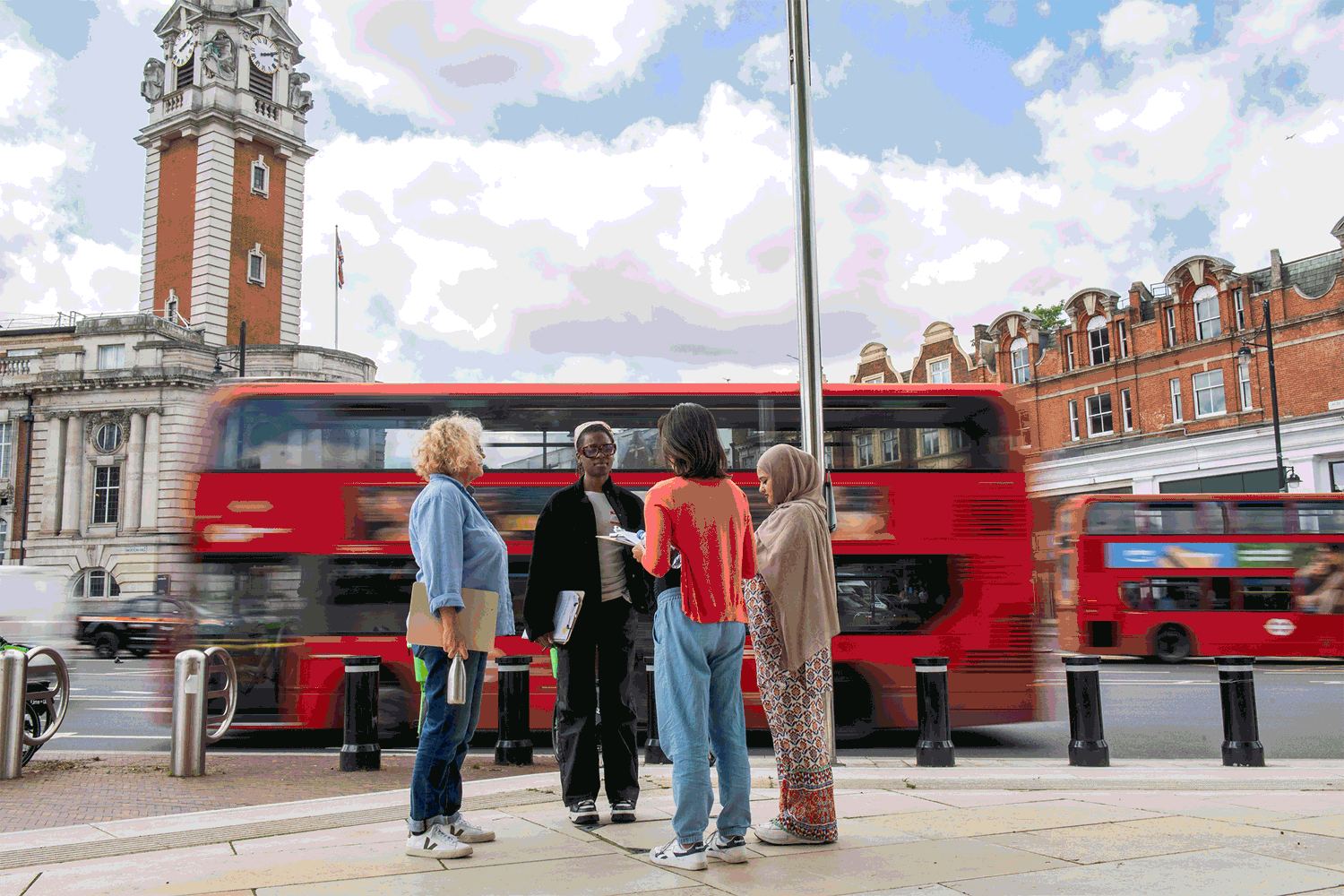
About the Women’s Safety Audits Pilot Project
Commissioned by Transport for London and the Mayor’s Office for Policing and Crime, We Made That and our supporting expert panel have spent the past year developing a methodology for piloting women’s safety audits across London.
In collaboration with 47 women, girls, and gender diverse individuals across five pilot locations, as well as an advisory board and the UCL Citizen Science Academy, we developed tools to capture and assess experiences of safety in public spaces. This work resulted in a comprehensive toolkit, which includes methods such as participatory mapping, multi-sensory walking, and practical checklists to support meaningful safety audits. We also worked closely with each local pilot site, bringing together representatives from local authorities, TfL, and other stakeholders, to discuss findings and explore how they can inform future initiatives.
Book now
Attendance is free and open to all, but capacity at the venue is limited so please book through Eventbrite here.
Accessibility
The venue is fully accessible, and a coatroom will be available.
Photo credits: Jas Lehal and Nina Robinson
